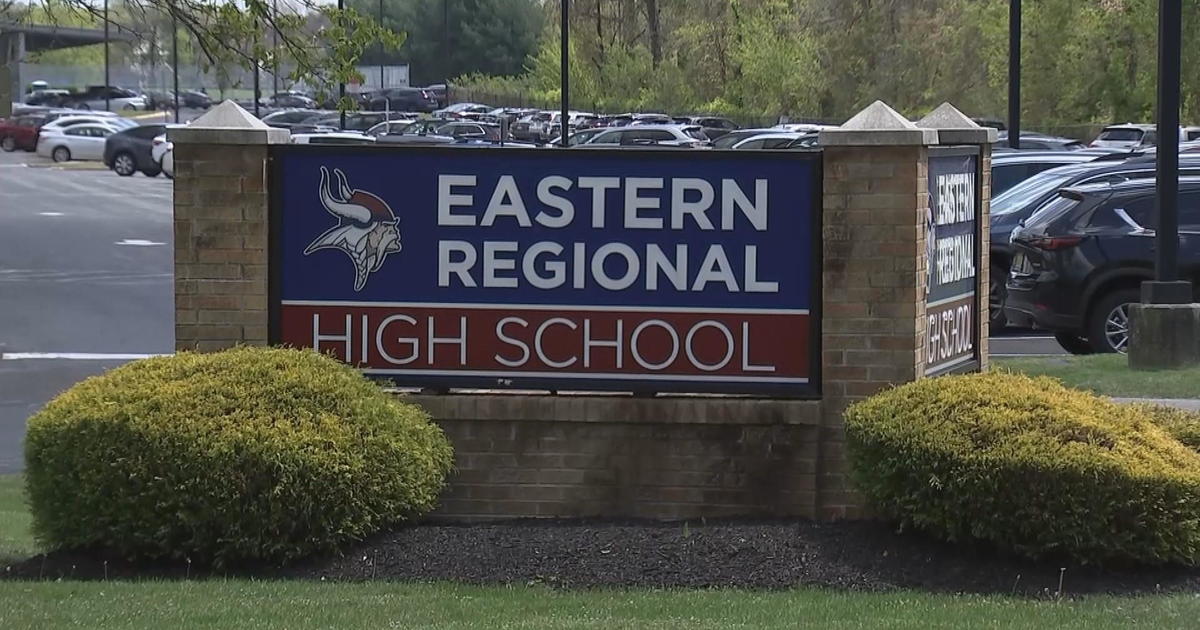Pennsylvania Gov. Tom Wolf's Power-Plant Carbon-Pricing Plan Nears Finish Line
HARRISBURG, Pa. (AP) — The centerpiece of Gov. Tom Wolf's plan to fight climate change took another step Tuesday toward the final regulatory threshold to impose a price on carbon dioxide emissions from fossil fuel-fired power plants in Pennsylvania.
The Environmental Quality Board, composed primarily of Wolf appointees, approved the plan 15-4 to send it on to the Independent Regulatory Review Commission, which could take it up this fall.
Wolf, a Democrat, wants to the plan to take effect next year as part of a multi-state consortium, the Regional Greenhouse Gas Initiative, which sets a price and declining limits on carbon dioxide emissions from power plants.
It has broad opposition from the fossil-fuel sector and Republican lawmakers, raising the possibility of a court challenge.
If Wolf is successful, Pennsylvania would become the first major fossil fuel state to adopt a carbon pricing policy. The heavily populated and fossil fuel-rich Pennsylvania has long been one of the nation's biggest polluters and power producers.
The initiative is a key part of Wolf's goal of reducing Pennsylvania's greenhouse gas emissions by 80% by 2050. Carbon dioxide is the most pervasive greenhouse gas, but not the most potent, according to researchers.
Imposing a price on carbon emissions is projected to reduce air pollution, improve health, boost the economy and jobs, and raise tens of millions of dollars annually for energy programs, Wolf administration officials said.
Electric bills would rise in the short-term, but by 2030 would be lower than they are now, Wolf's administration projects.
Pennsylvania would be, by far, the biggest emissions state in the consortium of northeastern and mid-Atlantic states.
Under the cap-and-trade program, Pennsylvania's dozens of power plants fueled by coal, oil and natural gas would be forced to buy credits annually, one for each ton of carbon dioxide emitted.
Wolf's administration estimated that 66 electricity-generating plants with 158 units would have to buy credits, or generate them by completing a qualifying offset project.
It estimated that the carbon-pricing strategy would prevent the emission of 183 tons of carbon dioxide through 2030, compared to 75 million tons, or 34% of Pennsylvania's total, emitted by power plants in 2018, according to federal statistics.
Selling the credits at auctions would raise between $131 million and $187 million annually, decreasing as time goes on and fewer allowances are sold, Wolf's administration estimates.
Opponents include coal- and natural gas-related interests who would pay more to operate, business groups that fear higher electricity bills and labor unions whose workers maintain power plants, build gas pipelines and mine coal, fearing a loss of jobs.
In one critique at Tuesday's board meeting, a board member, John St. Clair, of Rosebud Mining Co., said Wolf's Department of Environmental Protection had not articulated any direct or indirect environmental benefit to Pennsylvania's climate from the carbon-pricing plan, such as a decrease in temperature or severe weather events.
Wolf's plan has drawn backing from environmental advocacy organizations and companies with solar, wind and nuclear power interests, whose investments would become more cost competitive in electricity markets.
Republicans who control Pennsylvania's Legislature are working to block the plan from taking effect, but need cooperation from enough Democrats to override a Wolf veto.
During a three-year compliance period, carbon dioxide-emitting power plants would need to acquire 50% of the necessary credits, but need to hold 100% by March 1, 2024.
The regulations do not require approval from lawmakers to take effect, but spending the money from the credits does require legislative approval if it goes beyond pollution-reduction programs allowable under the Air Pollution Control Act, Wolf administration officials say.
© Copyright 2021 The Associated Press. All Rights Reserved. This material may not be published, broadcast, rewritten or redistributed.



